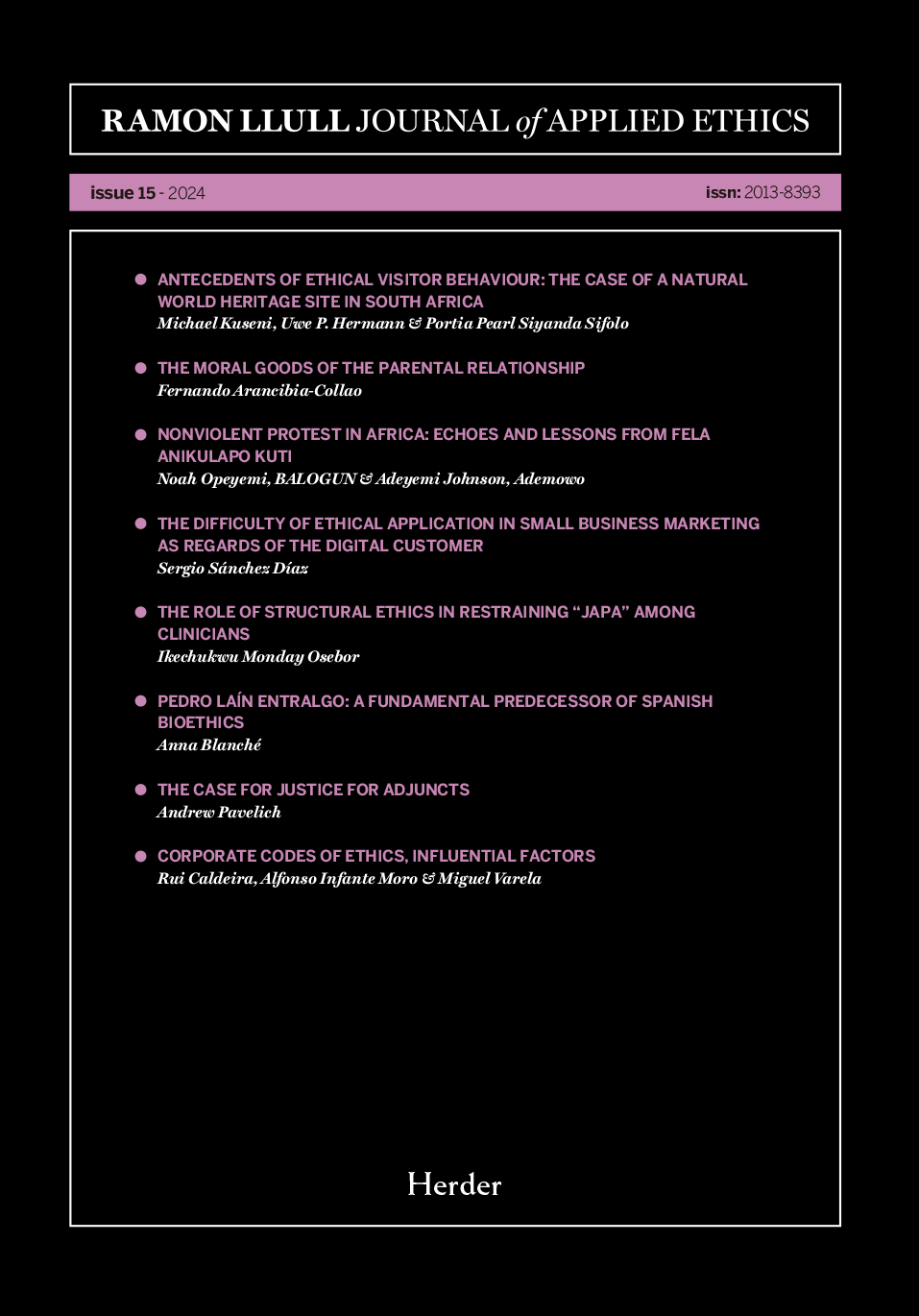The role of structural ethics in restraining "Japa" among clinicians
Article Sidebar

Main Article Content
Globally, inequity is ingrained in every sector, and healthcare is no exception. The need for medical justice is not only for patients but also for medical personnel. Structural injustice is the denial of infrastructure and the avoidance of responsibilities. The underrepresentation, marginalization, inadequate working environment, poor remuneration, fatigue, overstress, and economic adversity are structural injustices. The structural injustice becomes a source of worry for the clinicians, coupled with the challenges of treating 4000 patients per doctor in Nigeria. Despite the efforts of governments to stop Japa, it has persisted. The moral implication of Japa include dreadful medical standards, withdrawal of medical services, indiscriminate deaths of patients caused by push and pull factors. The Japa syndrome may be good and healthy for economic reasons, but it has done more harm than good. Using the method of philosophical analysis, this study maintains that structural injustice is the major cause of Japa among clinicians and has provided rigid foundations for the classical management of the health sector. This study suggested the application and implementation of structural ethics to overhaul structural injustice and reduce the shortage of medical personnel in Nigeria.